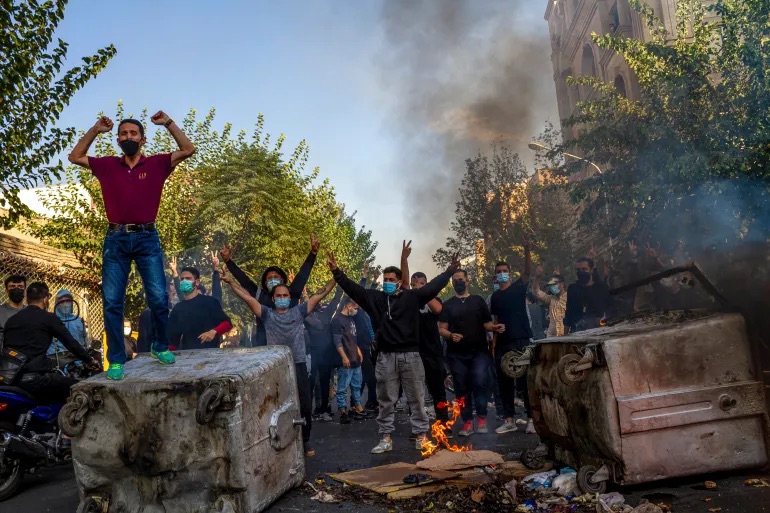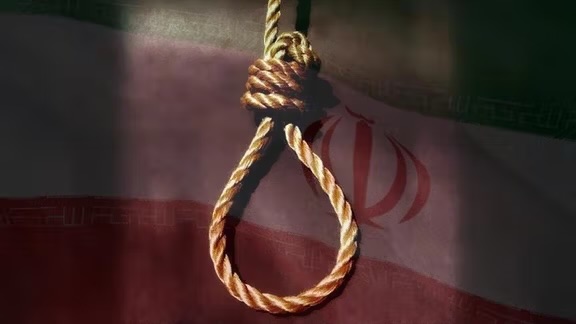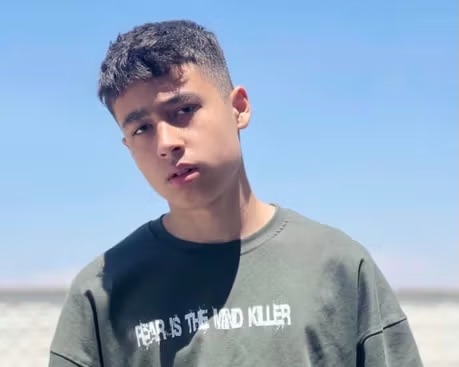
Iran faced significant criticism at the 48th Session of the Universal Periodic Review (UPR) in Geneva, with its treatment of minorities, including Ahwazi Arabs, coming under international scrutiny. The UPR, a mechanism of the UN Human Rights Council, reviews the human rights records of member states every 4.5 years. This session marked Iran’s fourth review, following evaluations in 2010, 2014, and 2019.
The United Kingdom’s representative expressed concern over Iran’s human rights record, highlighting the violent enforcement of mandatory dress codes, intimidation of journalists and human rights defenders, and systemic discrimination against minority groups. The UK called on Tehran to ensure fair trials, particularly for those facing the death penalty, to grant detainees access to independent legal counsel, and to ratify the UN Convention against Torture.
Iran’s Deputy Foreign Minister, Kazem Gharibabadi, claimed progress in improving human rights, emphasizing “substantial investments” to enhance the lives of Iranians. However, these assertions were contradicted by reports of violent crackdowns on protests, arbitrary arrests, and suppression of dissent during and after the 2022 nationwide demonstrations, particularly targeting women and minorities.
Sweden raised specific concerns over the widespread use of the death penalty, calling for a moratorium on capital punishment, especially for juvenile offenders, and urging Tehran to abolish systemic discrimination against women and girls. Sweden also demanded the release of arbitrarily detained individuals, including activists and journalists.
Switzerland echoed these concerns, calling on Iran to reduce crimes punishable by death and to establish a moratorium on the death penalty, particularly for minors and drug-related offenses. The Swiss delegation further urged Iran to disband the morality police, end restrictions on women, and address socio-economic inequalities affecting ethnic and religious minorities.
These recommendations directly relate to the plight of the Ahwazi Arab population, who face systemic discrimination and repression. Despite claims of progress by Iranian officials, Ahwazis continue to experience land confiscation, forced displacement, and cultural suppression. Human rights organizations have documented the disproportionate use of the death penalty against Ahwazi activists and widespread socio-economic neglect in predominantly Ahwazi provinces.
Calls to combat discrimination and address inequalities are critical to alleviating the hardships faced by Ahwazis, who remain among the most marginalized communities in Iran. Without meaningful reform, their struggle for basic rights and justice is likely to persist.


